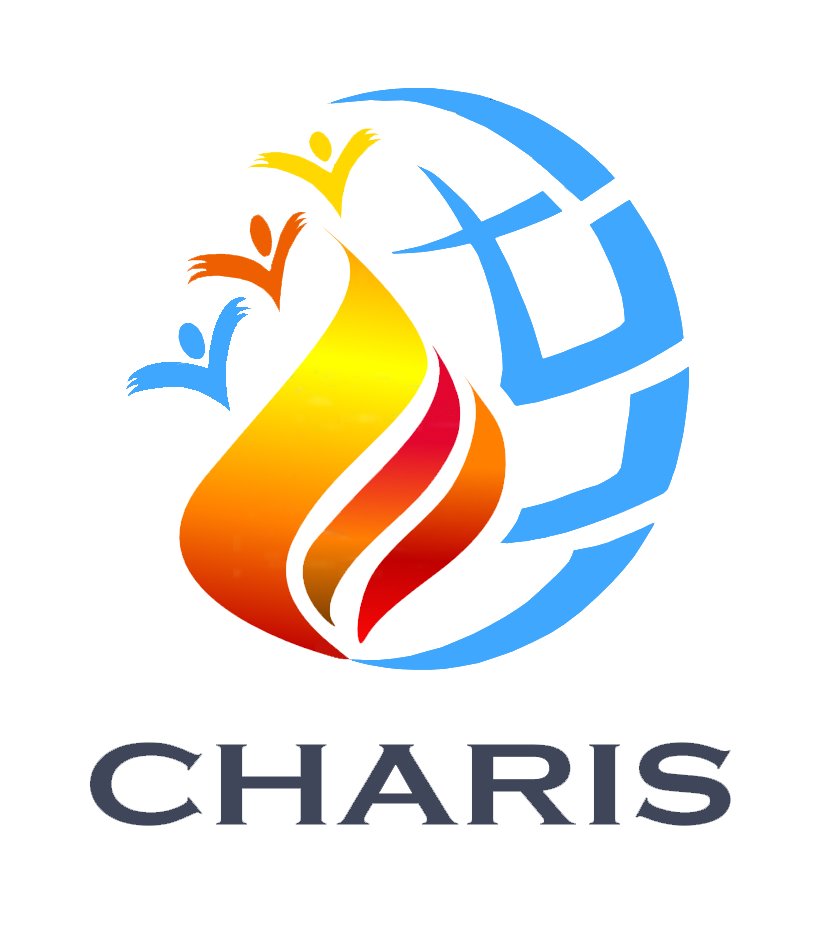Questions and answers
Doctrinal Commission – International Catholic Charismatic Renewal Services
Year 2017
Many people today are rediscovering a truth that has always been part of Catholic tradition: that our life on earth is not only a pilgrimage of faith but also a constant battle against evil and against Satan, the prince of darkness, who seeks to draw us away from Christ and make us captive to sin, confusion, bitterness, cynicism, and despair. But Christ has won the victory! In Him, we are liberated from the dominion of Satan and empowered to resist the ongoing influence of evil spirits. The rediscovery of this reality has led to a marked increase in the ministries of exorcism and deliverance in the Church today.
Both exorcism and deliverance involve the casting out of evil spirits, but there is a very important distinction between them. Exorcism is a liturgical rite of the Church for liberating a person who is demon-possessed. Demon-possession is an extreme, but relatively rare, form of demonic bondage in which the demon(s) is (are) able at times to take control over a person’s body and to control his or her words and actions. Exorcism may be done only by a bishop or by a priest with the permission of the bishop (CCC, 1673). Deliverance, on the other hand, is the ministry of liberating people from lesser forms of demonic influence. It does not involve any set form of prayer or liturgical rite of the Church and may be carried out by any of the faithful.
Although only a bishop or priest can perform the rite of exorcism, lay people may be involved in exorcisms in a supporting role. There are many exorcists who work with lay collaborators in the ministry, especially lay people who have the charism of discernment of spirits. They can help the exorcist determine what spirits are at work and how to deal with them.
Deliverance ministry is widely practiced by lay people as well as priests throughout the world. For instance, many bishops have invited lay people who are trained in the Unbound model of deliverance to provide this ministry in their dioceses. The need for this ministry is vast because of the enormous numbers of people who suffer from various forms of demonic oppression. Demonic oppression can result from involvement in the occult or from serious sin, but it can also result from traumas and wounds that make people vulnerable to spiritual deception and open an entryway to the influence of evil spirits. Deliverance ministry helps people receive healing in Christ, so that the entryways are closed and evil spirits no longer have the power to deceive and ensnare them.
Some people have heard that it is not permissible for lay people to give direct commands to demons. However, there is no basis for this view in Scripture or in Church teaching. Jesus named the casting out of demons as one of the signs that would accompany Christians in their evangelizing mission: “these signs will accompany those who believe: in my name they will cast out demons…” (Mk 16:17). In the early Church, the casting out of demons by lay people was an important part of the work of evangelization. Although the Church in recent centuries has restricted the rite of exorcism to priests for pastoral reasons, it has not restricted the practice of deliverance.
The Church does, however, stipulate that lay people (or anyone other than a designated exorcist) should not question demons or dialogue with them. The only appropriate way for lay people to relate to evil spirits is by command—commanding them in the name of Jesus to leave or to cease oppressing a person.
The fact that it is permissible for lay people to do deliverance does not mean that any layperson can be involved in this ministry. Not all are called to it, and not all have the necessary gifts and training. There are varying levels of involvement in deliverance, and there is a need for pastoral wisdom and discernment in determining who should be involved.
A good rule of thumb is the following threefold distinction. First, all Christians can do self-deliverance, that is, can take steps to break free of demonic oppression through prayer and by taking authority over evil spirits in the name of Jesus. Second, anyone who is living a mature Christian life can do deliverance on an occasional basis for family members, friends, members of their prayer group, or others such as a person they are evangelizing. Finally, some people are called to practice deliverance as a ministry, regularly and for people whom they do not know personally. Those involved in this ministry should be persons of Christian maturity, psychological health, holiness of life, and humility, and the ministry should be accountable to church authority (usually either the local bishop or his delegate).



